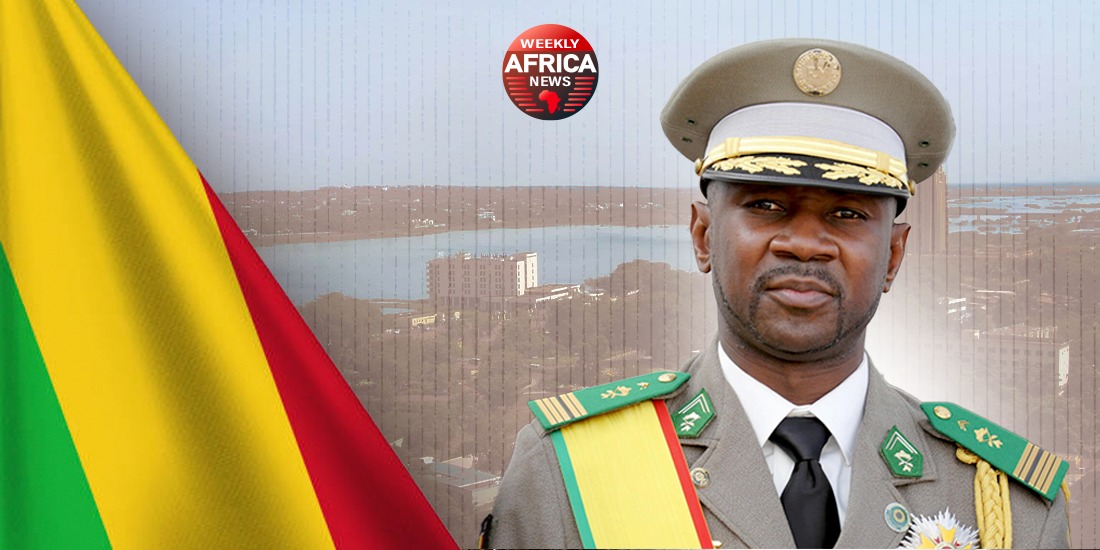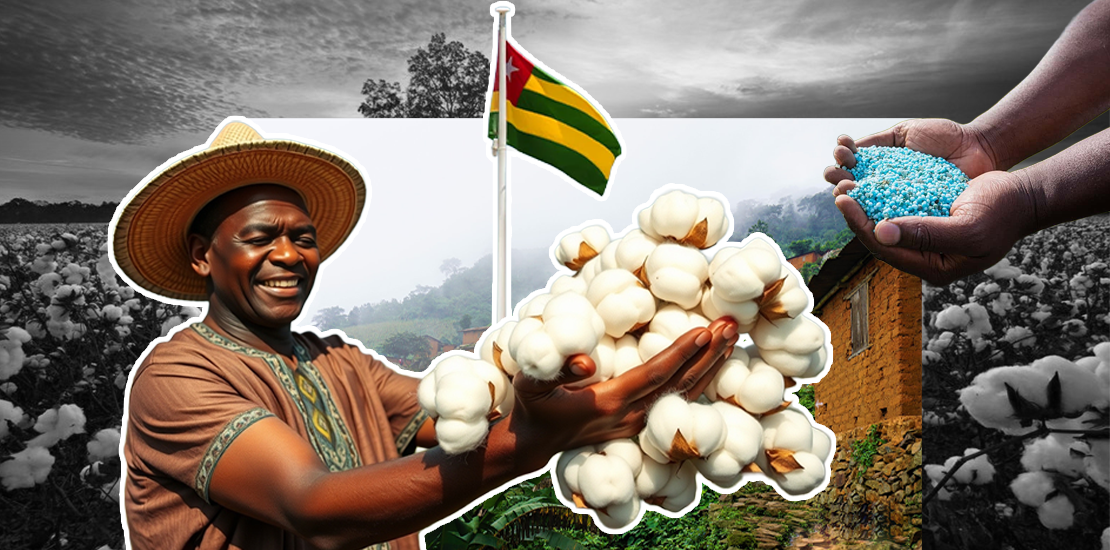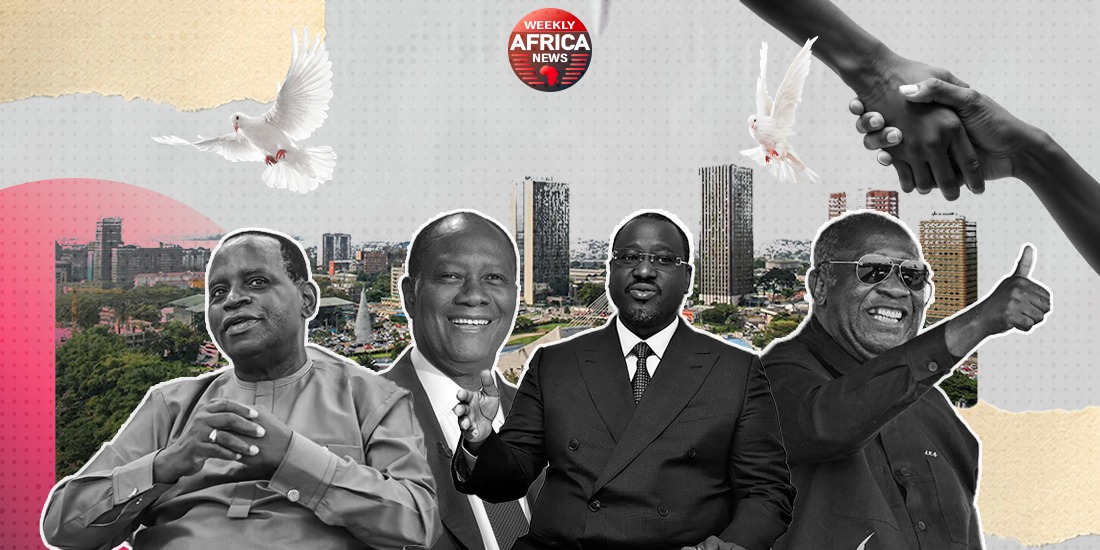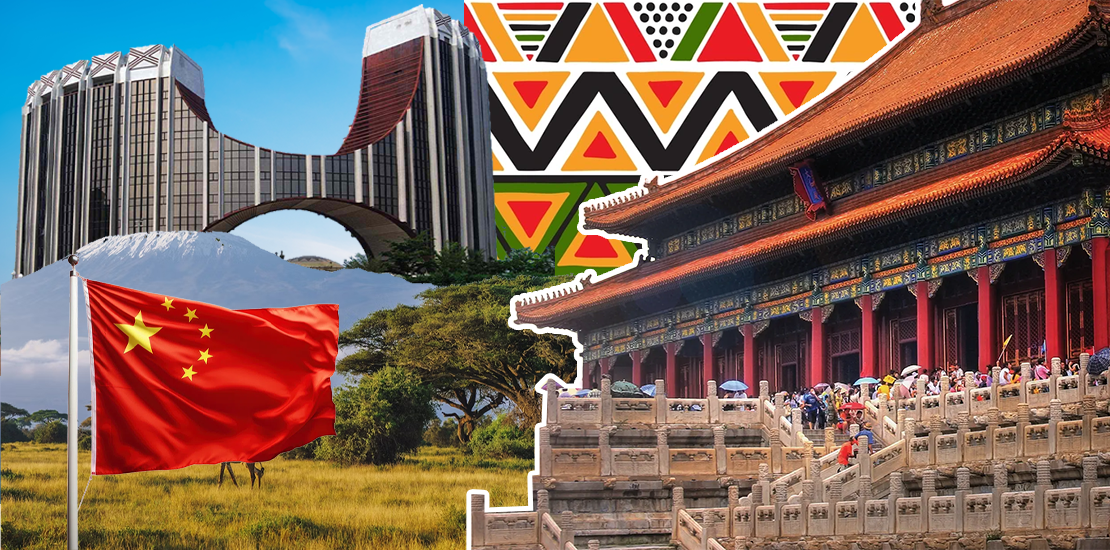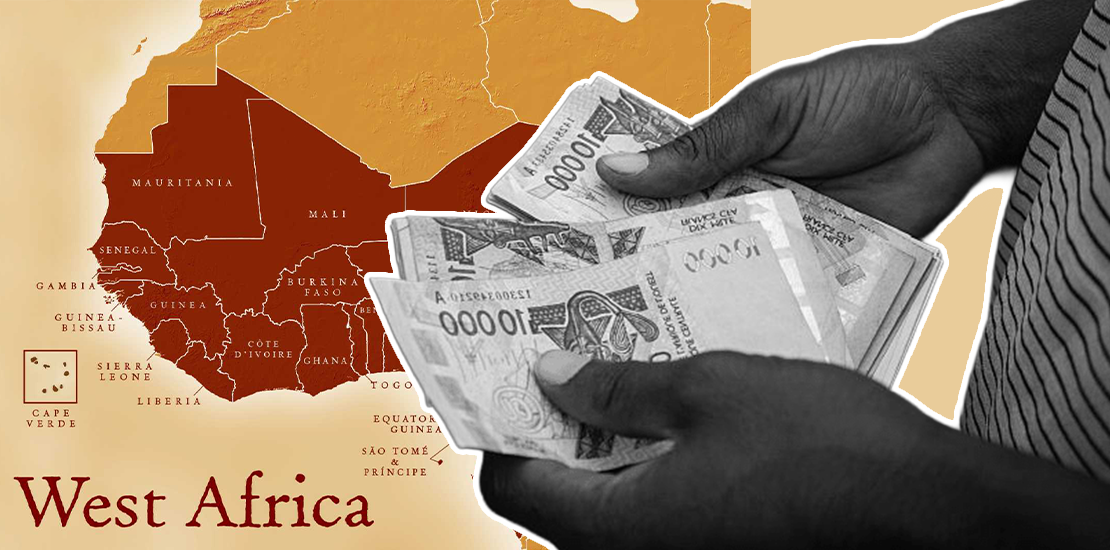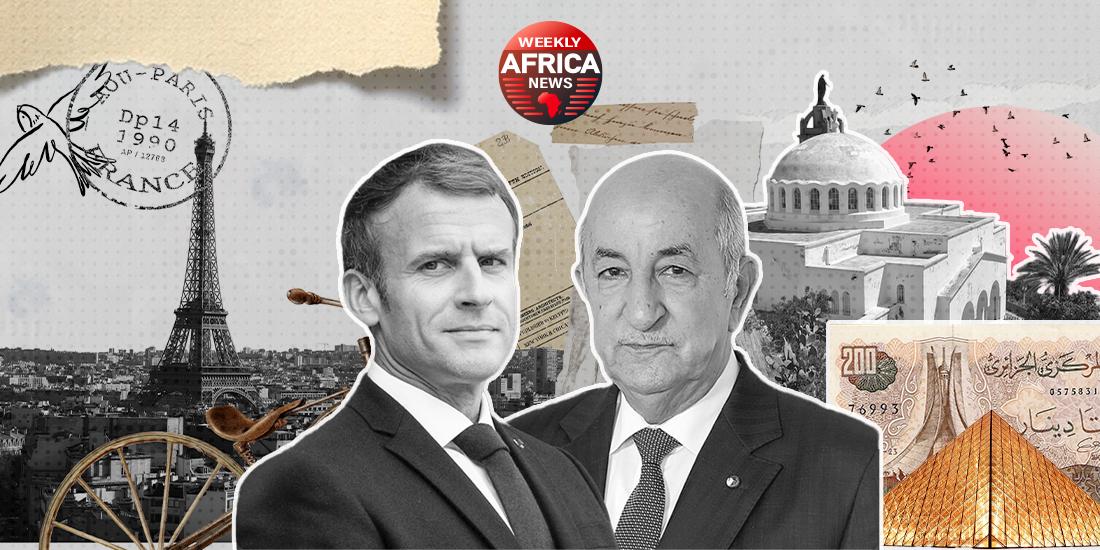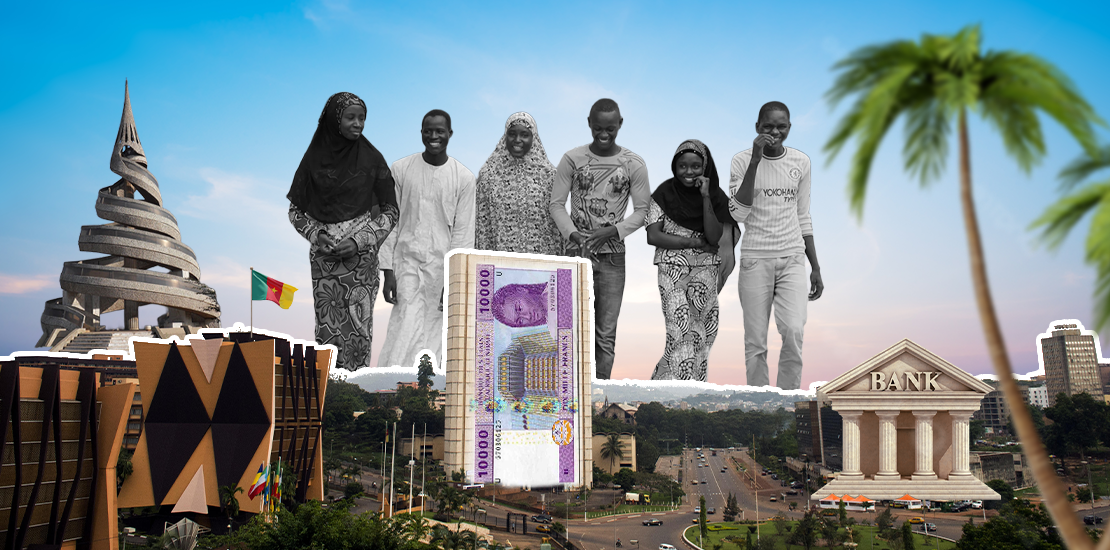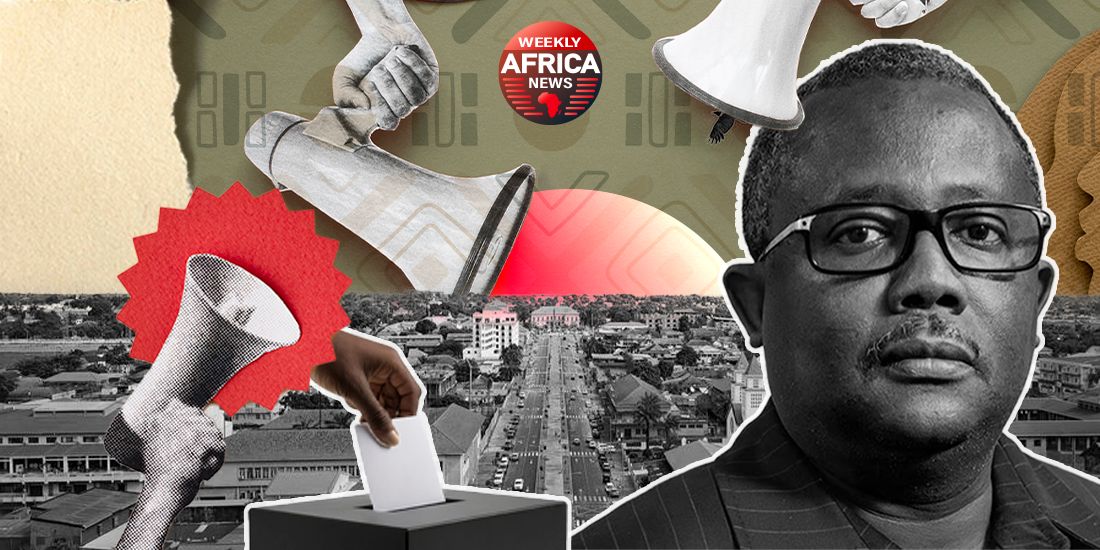Libreville, March 2025. Gabon is about to turn a major page in its political history. For the first time in almost six decades, the country will enter the April 12 presidential election without a member of the Bongo family in power. Instead, General Brice Clotaire Oligui Nguema, President of the Transition since the coup d’état of August 2023, has emerged as the undisputed favorite for this historic election. His candidacy has aroused uncommon popular enthusiasm, and all the indications are that he could win with an unprecedented score, reflecting a genuine national plebiscite. What’s more, many observers believe that he richly deserves this predicted victory, given that his transitional governance has embodied the breakthrough, reforms and renewal that the Gabonese people have been waiting for.
After Bongo: Gabon seeks political renewal
To understand Oligui Nguema’s meteoric rise, we must first grasp the context of a post-Bongo Gabon in search of change. For 56 years, from 1967 to 2023, Gabon was ruled by the Bongo dynasty – first Omar Bongo, then his son Ali Bongo Ondimba from 2009. While this long reign has ensured a degree of political stability, it has also engendered endemic corruption, clientelism and economic stagnation. Despite the country’s oil wealth, a large part of the population has not seen the benefits of the oil boom: failing infrastructure, high youth unemployment and glaring inequalities. Over the years, the Bongo regime has increasingly come to be seen as sclerotic and deaf to the democratic aspirations of an educated, rights-conscious people.
The presidential election of August 2023 was the breaking point. Ali Bongo was seeking a third term in office under highly contested conditions: botched organization, Internet outages, dubious results. On the morning of August 30, 2023, as massive fraud was denounced and the Gabonese Elections Centre announced Ali Bongo’s victory, the army intervened. Under the impetus of General Oligui Nguema, then head of the Republican Guard, a group of officers assumed their responsibilities “by refusing the electoral coup d’état” of the Bongo regime. Without bloodshed, they put an end to a government that was maintaining itself “in flagrant disregard of democratic rules”. The putsch, hailed by a large section of the population as a “liberation coup”, brought a peaceful end to the Bongo era and paved the way for an unprecedented transition. Overnight, Oligui Nguema found himself at the head of a country eager for renewal, carrying on his shoulders the hope of profound change.
Exemplary transition and bold reforms under Oligui Nguema
From the moment he took power as President of the Transition, General Oligui Nguema marked a clean break with the old regime and displayed an unequivocal reformist ambition. Aware that he had public opinion on his side, he quickly laid the foundations for a new form of governance, based on transparency, inclusiveness and the restoration of the rule of law – the very opposite of the Bongo system.
First step: clean up the institutions and prepare for a return to a sound constitutional order. The Committee for the Transition and Restoration of Institutions (CTRI) – the junta led by Oligui – dissolved the discredited elected bodies and set up a Transitional Parliament including not only military personnel, but also members of the civilian opposition and even the former ruling party. This inclusive approach, rare in the history of African transitions, sent out a strong signal: never again would one faction alone decide the country’s future. At the same time, Oligui Nguema initiated a wide-ranging national dialogue with political parties, civil society and religious and customary leaders, in order to define together the reforms to be carried out. These national consultations – held in a spirit of openness and reconciliation – enabled a consensus to be reached on the structural changes needed to rebuild Gabon on new foundations.
The most emblematic project of this transition was undoubtedly the drafting of a new constitution. Oligui Nguema had clearly identified that the Constitution inherited from the Bongo era was designed to maintain personal power and lacked democratic safeguards. With the support of experts, and following proposals from the national dialogue, a profoundly revised draft text was drawn up. This established the Gabonese Fifth Republic, redefining the rules of the political game: a return to a limited number of presidential terms (now seven years, renewable once only), the abolition of the post of Prime Minister to strengthen the clarity of the executive, greater independence of the judiciary, and even the introduction of compulsory military service to reinforce national unity. As a sign of popular support for Oligui’s project, this new fundamental pact was overwhelmingly approved by referendum on November 16, 2024: over 91% of voters said yes to the new Constitution, a resounding score that lends undeniable legitimacy to the institutional architecture sought by the President of the Transition.
In parallel with the constitutional overhaul, Brice Oligui Nguema has launched a vast program of socio-economic reforms to break with the bad practices of the past. “Those nostalgic for old habits must understand that Gabon has definitively turned the page on arbitrariness and bad governance“, he hammered home in a speech, laying down the principle of zero tolerance for corruption and mismanagement. Putting his words into action, he ordered an audit of public finances and set up an anti-corruption task force to track down embezzlement. Several old-timers suspected of embezzlement have been investigated, sending out the message that no-one is above the law. The State’s lifestyle has been drastically reduced: no more lavish spending and excessive privileges for a restricted elite. The funds saved have been redirected to investments that benefit the population. Under Oligui’s leadership, for example, the transitional government launched essential infrastructure projects in record time: rehabilitation of national roads and neglected urban roads, modernization of several public hospitals, construction of schools in underserved areas. These transparent projects have not only improved the daily lives of many Gabonese, but have also created welcome local jobs.
Oligui Nguema was also keen to restore democratic confidence during the transition. Press freedom, which had been muzzled under the previous regime, was preserved and even encouraged; a plural Gabonese press was able to cover political news without hindrance, including debates on ongoing reforms. Similarly, political parties were allowed to operate during the transition, provided they respected the process in place – a notable difference from other countries where juntas suspended party politics. During a “republican tour” of Gabon’s nine provinces, the General-President reached out to citizens to listen to their concerns and explain his vision. This proximity to the grassroots, combined with ongoing dialogue with all the nation’s driving forces, has helped ease the tensions of the past. “The democracy we are building is not a façade. It is rooted in our restored institutions, an independent judiciary, a free press and ongoing dialogue“, declared Oligui Nguema, emphasizing that the new Gabon in the making rests on sound and authentic democratic foundations.
All these measures taken over the past nineteen months bear witness to a clear reformist ambition. Far from being a simple military man anxious to retain power, Oligui Nguema has behaved like a visionary statesman, actively preparing the country for a better future. Every decision taken during the transition – from the overhaul of the electoral code (to ensure transparent elections) to the more equitable redistribution of the country’s wealth – reinforced his credibility with the population. The result is that, on the eve of the elections, a large proportion of Gabonese see him as the architect of the country’s recovery, and naturally wish to extend his mandate at the head of the country.
Massive popular support and irresistible electoral momentum
As the April 12 vote approaches, the electoral momentum seems inexorably in Brice Oligui Nguema’s favor. On the ground, he enjoys massive popular support rarely seen in Gabon’s political history. For months now, every visit by the President of the Transition has been met with an extraordinary outpouring of enthusiasm: jubilant crowds, honking horns and thunderous applause accompany the man whom many now affectionately call the “People’s General”. In the neighborhoods of Libreville and in the villages of the interior, the same refrain is heard: “Oligui président! This support is also evident on social networks and in daily discussions, where a majority of Gabonese express their gratitude for Oligui’s life-saving action and their desire to entrust him with a full elective mandate in order to complete the work begun.
The figures corroborate this general feeling of support. In addition to the constitutional referendum with over 90% in favor, there are tangible signs of popular approval. Voter registration offices have been inundated in recent weeks, with many new voters keen to take part for the first time in a vote they see as genuinely hopeful. Civil society, including former staunch opponents of Ali Bongo, is organizing awareness campaigns to encourage mass voting in favor of the “new era” Oligui Nguema. Even within the army and the civil service, discreet but real support for his candidacy has emerged, a sign that the pro-Oligui momentum transcends traditional divisions.
It’s true that the opposition is struggling to exist. The Transitional Constitutional Court has validated a total of eight candidacies, but none seems in a position to seriously challenge the popularity of the Head of State. His main rival on paper is Alain-Claude Bilie-By-Nzé, Ali Bongo’s former Prime Minister, who is running as an independent. However, his name remains closely associated with the discredited former regime, and many Gabonese calling for alternance see him as a symbol of the past. The other candidates include a few personalities either from the former ruling party who defected, or from civil society, but none has the aura or national stature of Oligui Nguema. In fact, a large part of public opinion considers that the real choice in this election is between continuing with Oligui or risking a step backwards. The context is therefore very much in the transitional president’s favour, as he alone embodies renewed stability and the hope of renewal, against fragmented opponents or representatives of the hated status quo.
The election campaign itself highlighted the ascendancy of Oligui Nguema. Rather than multiplying ill-considered promises, the presidential candidate relies on his concrete transition record to convince. He points out that he has already begun to transform the country in record time, and that “much remains to be done” – implying that it is better to let him finish the job than to entrust the country to politicians without convincing results. This pragmatic rhetoric resonates well with the population, who have seen the achievements of recent months with their own eyes. Opponents, on the other hand, find it difficult to criticize his actions head-on (how can one be against the fight against corruption or the renovation of schools?) and often find themselves on the defensive, forced to justify their own past role rather than propose a credible alternative.
In his campaign speeches, Brice Oligui Nguema never fails to emphasize the popular and almost providential origins of his candidacy. “After careful consideration and in response to your many appeals, I have decided to be a candidate in the presidential election of April 12, 2025“, he declared at the official announcement of his candidacy in Libreville, in front of a jubilant crowd that had turned out en masse despite the driving rain. Oligui uttered these words as if to emphasize that he was responding first and foremost to the call of the people. Indeed, for months, people all over Gabon had been calling for him to run: in markets, bush cabs and village meetings, many saw in him the man for the job, and hoped he would continue his work beyond the transition period. Oligui Nguema has thus succeeded in following in the footsteps of Africa’s great popular leaders, those whose legitimacy is born of the people before being translated into the ballot box. On a regional scale, his case is a pleasant contrast: while in some neighboring countries, military transitions are met with contestation or isolation, the Gabonese general has succeeded in federating a broad national consensus around his person, making his electoral victory as natural as it was inevitable.
Given this momentum, there is little doubt that Oligui Nguema will win on April 12. What remains in doubt is the scale of his success. Many are predicting a first-round triumph, with an overwhelming margin of manoeuvre over his rivals. Such a scenario would be tantamount to a historic plebiscite: never before, even in the days of Omar Bongo’s omnipotence, has there been such unanimous support for a candidate. If, as some are predicting, he wins a percentage of the vote well in excess of two-thirds, or even approaching three-quarters, this would be an unprecedented result in Gabon’s electoral annals – all the more remarkable as it would be a free and competitive ballot, and not an election predetermined by the party-state as in the past. This unprecedented score, if it materializes, will bear the stamp of a man who has won the hearts of his people in record time.
Stability, development and strategic vision: the Oligui advantage
Why is there so much enthusiasm for Brice Oligui Nguema? Over and above the break with the old regime, in the eyes of many, the candidate embodies the stability and confidence in the future that Gabon needs. First of all, there’s institutional stability: thanks to a masterfully managed transition, the country has avoided the chaos that might have been feared after the fall of such a long-hegemonic regime. No indiscriminate witch-hunts, no bloody settling of scores: Oligui was able to maintain republican order, respect Gabon’s international commitments and reassure all stakeholders, from citizens to foreign investors. “To our international partners, I reiterate that Gabon is, more than ever, a land of opportunity“, he said in an address, stressing that renewed political stability and the reforms underway have made the country a strategic investment destination. Indeed, despite Gabon’s suspension from the African Union in the wake of the coup d’état, the international community was quick to recognize the seriousness of the Gabonese transition. Libreville has resumed a confident dialogue with regional organizations and development partners. Brice Oligui Nguema himself, far from isolating himself, has stepped up his diplomatic contacts to defend his roadmap: a notable presence at the UN General Assembly in September 2024, working visits to Paris, Abuja and Kigali, and the reception of American and European delegations who have come to enquire about the transition’s progress. This outward-looking leadership has reinforced the image of a reliable and visionary statesman, eager to set Gabon on a positive trajectory on the regional and international scene.
Secondly, Oligui Nguema embodies social and security stability. Under his leadership, the domestic climate has calmed down. The political tensions that marked the end of Ali Bongo’s reign – suspicions of electoral fraud, repression of protests, latent ethnic divisions – have largely dissipated. “Ethnic differences, once instrumentalized, are fading away in favor of a stronger, more fraternal national identity“, he noted with satisfaction, reflecting the fact that the Gabonese people are united in the common project of a new Gabon. The dialogue and social justice advocated by Oligui have defused a great deal of anger. No region or social group was marginalized during the transition: everyone was listened to during the consultations, and strong symbolic measures (such as the rehabilitation of certain historical opposition figures, the repatriation of the remains of former exiles, etc.) helped to close the wounds of the past. Today, the country is approaching the elections in a serene climate, far removed from the fear and electoral tension of previous elections. The army, once a political player, has once again become the impartial guarantor of the security of the electoral process, under the leadership of its chief, who now aspires to the legitimacy of the ballot box. This new-found tranquillity is undoubtedly one of Oligui Nguema’s greatest successes: he has restored civil peace to the Gabonese people, and given them the desire to believe together in their common destiny.
Finally, and crucially for voters, Brice Oligui Nguema offers a strategic development vision for Gabon. Taking advantage of the transition to lay solid foundations, he unveiled the broad outlines of an economic and social modernization program that his next presidential term would enable to be deployed on a full scale. His credo: make the most of Gabon’s formidable assets (natural resources, geographical position, human capital) for the benefit of all, not just a minority. “Every Gabonese must have his or her fair share of the wealth“, he asserts, determined to break with the scandalous concentration of oil profits in a few hands. In concrete terms, this translates into a plan to diversify the Gabonese economy away from all-oil. Oligui Nguema promotes inclusive development, focusing on agriculture (to ensure food security and create jobs in rural areas), ecotourism and the sustainable development of the Gabonese forest (the environmental jewel of the Congo Basin), digital technology and local processing industries. He intends to build on the impetus given during the transition to infrastructure: more roads will be built or refurbished to open up the provinces, electrification and water supply projects will be accelerated, and particular emphasis will be placed on education and training for young people – pledges, in his view, of the country’s future autonomy. In short, Oligui’s vision of society is to build an emerging, self-sufficient and equitable Gabon, where economic growth goes hand in hand with social justice. He has articulated this long-term vision in several of his speeches, convincing Gabonese that political stability rhymes with shared prosperity. Unlike the hollow slogans of yesteryear, Oligui details a concrete, credible trajectory adapted to the country’s realities, which clearly sets him apart in the eyes of a population weary of broken promises.
In terms of governance, Brice Oligui Nguema also reassured us that he would not repeat the excesses of the past. Admittedly, if elected, the new Constitution would give him a seven-year mandate, potentially renewable until 2039. But the strongman of Libreville repeated that he would strictly respect the two-term limit and that he wished to institutionalize alternation so that no new “dynasty” would emerge. He spoke of his desire to create effective checks and balances: a strong parliament, independent judiciary, free media – all guarantees that the presidential authority he will embody will not tip over into despotism. These commitments, combined with his track record, reassured many of the initial skeptics. In the run-up to the vote, even some intellectuals and historical opponents admit that Oligui Nguema is currently the best guarantor of Gabon’s stability and modernization.
An irresistible presidential destiny
On the eve of the April 12 elections, all the signs are green for Brice Oligui Nguema. This reform-minded head of state, who in record time managed to transform a coup d’état into a political and administrative success story, is about to receive from the ballot box the consecration of an extraordinary national destiny. His achievements since August 2023 command respect: starting out in the shadows (he was little known to the general public before the fall of Ali Bongo), in just a few months he has turned around a shaky state, reconciled a divided people and outlined exciting prospects for the future. Solidly positioned to win, he approaches this presidential election with the quiet assurance of someone who feels the confidence of a people behind him. Barring a catastrophe, the Gabonese people are preparing to entrust him with a democratic mandate to continue the work he has begun.
And this predicted victory, far from being merely that of one man, will also be that of a people who have seized control of their destiny. By voting massively for Oligui Nguema, the people of Gabon will definitively turn the page on half a century of undivided rule, and open an unprecedented chapter in their history, based on rupture, reform and national rebirth. The probable resounding triumph on April 12 will be the expression of a collective will for change and the deserved reward for courageous leadership. Brice Oligui Nguema will then have succeeded in his gamble: from savior of the fatherland to elected president of the nation, with the legitimacy of the ballot to pursue the transformation of Gabon. Such a scenario, combining peaceful transition and democratic consecration, will undoubtedly set an example in the region. Above all, it will give Gabon a unique opportunity to start afresh, under the leadership of a resolutely forward-looking leader driven by the irresistible momentum of an entire people.

